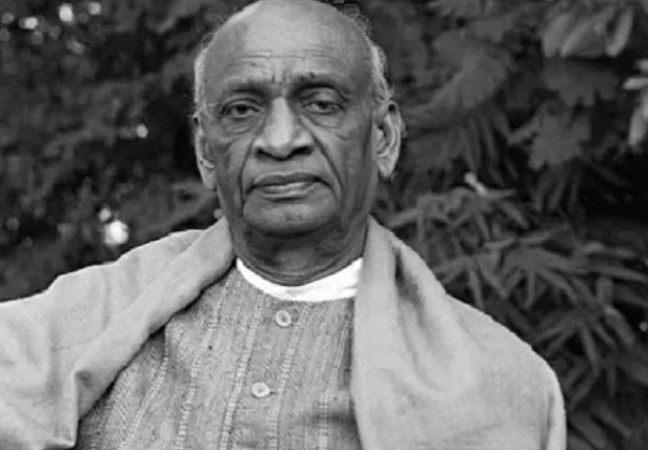
As India basked in the euphoria of its hard-won independence in 1947, the nation confronted a Herculean task that loomed on the horizon – the integration of numerous princely states into a cohesive and unified Indian nation. It was a challenge that required a leader of exceptional diplomacy, foresight, and determination. In Sardar Vallabhbhai Patel, often hailed as the "Iron Man of India," the nation found precisely that leader who would guide it through this monumental process with unyielding resolve.
The Iron Man's Unwavering Determination:
Sardar Vallabhbhai Patel, a visionary statesman and one of the prominent architects of modern India, recognized the importance of forging a united front from the diverse and often fragmented princely states. Despite the daunting nature of the task, Patel's resolute determination and strategic acumen enabled him to take on what many considered an insurmountable challenge.
Diplomacy and Persuasion:
Patel's diplomatic skills came to the forefront as he embarked on a relentless mission to convince the rulers of the princely states to accede to the newly formed Indian Union. Employing a blend of tact, persuasion, and negotiation, he artfully navigated the intricate web of allegiances, regional sentiments, and individual interests. His ability to understand and address the concerns of each state leader played a pivotal role in winning their trust and commitment to the larger vision of a united India.
The Unity Imperative:
Sardar Patel understood that a fragmented nation could not effectively address the pressing challenges of the post-independence era. He firmly believed that India's strength lay in its unity and diversity, and he strived to ensure that the nation was not divided into a patchwork of autonomous states. Patel's vision of a united India was grounded in the principles of democracy, equality, and justice for all citizens.
The Bismarck of India:
Often compared to Otto von Bismarck, the architect of a unified Germany, Sardar Patel's relentless efforts earned him the moniker "Bismarck of India." Like Bismarck, Patel recognized the significance of consolidating diverse regions and communities under a common banner, forging a nation that was greater than the sum of its parts.
Laying the Foundation for a United India:
Patel's tireless endeavors bore fruit as one princely state after another chose to accede to the Indian Union. His success in integrating Hyderabad, Junagadh, and other princely states into the fold of the Indian nation showcased his skill in transforming challenges into opportunities. Patel's efforts ensured the territorial integrity of India and set the stage for a diverse and democratic nation where citizens from all corners of the country could participate in shaping its future.
Sardar Vallabhbhai Patel's legacy lives on as a testament to his unwavering commitment to unity and his ability to bridge differences to create a stronger nation. His efforts not only laid the foundation for a united India but also offered a blueprint for leaders around the world facing the complexities of nation-building. In hindsight, Patel's role in the post-independence era emerges as a pivotal chapter in India's history. His vision, leadership, and unwavering determination to forge a united nation from a diverse tapestry of states continue to inspire generations as they navigate the challenges of a rapidly changing world. Sardar Vallabhbhai Patel's legacy stands as a reminder that a united India is not merely a geographic entity but a celebration of its rich diversity and collective strength.
Gandhi's Nonviolent Resistance: The Path to India's Independence
Khadi Weaver from Varanasi to Attend PM's Speech on Independence Day